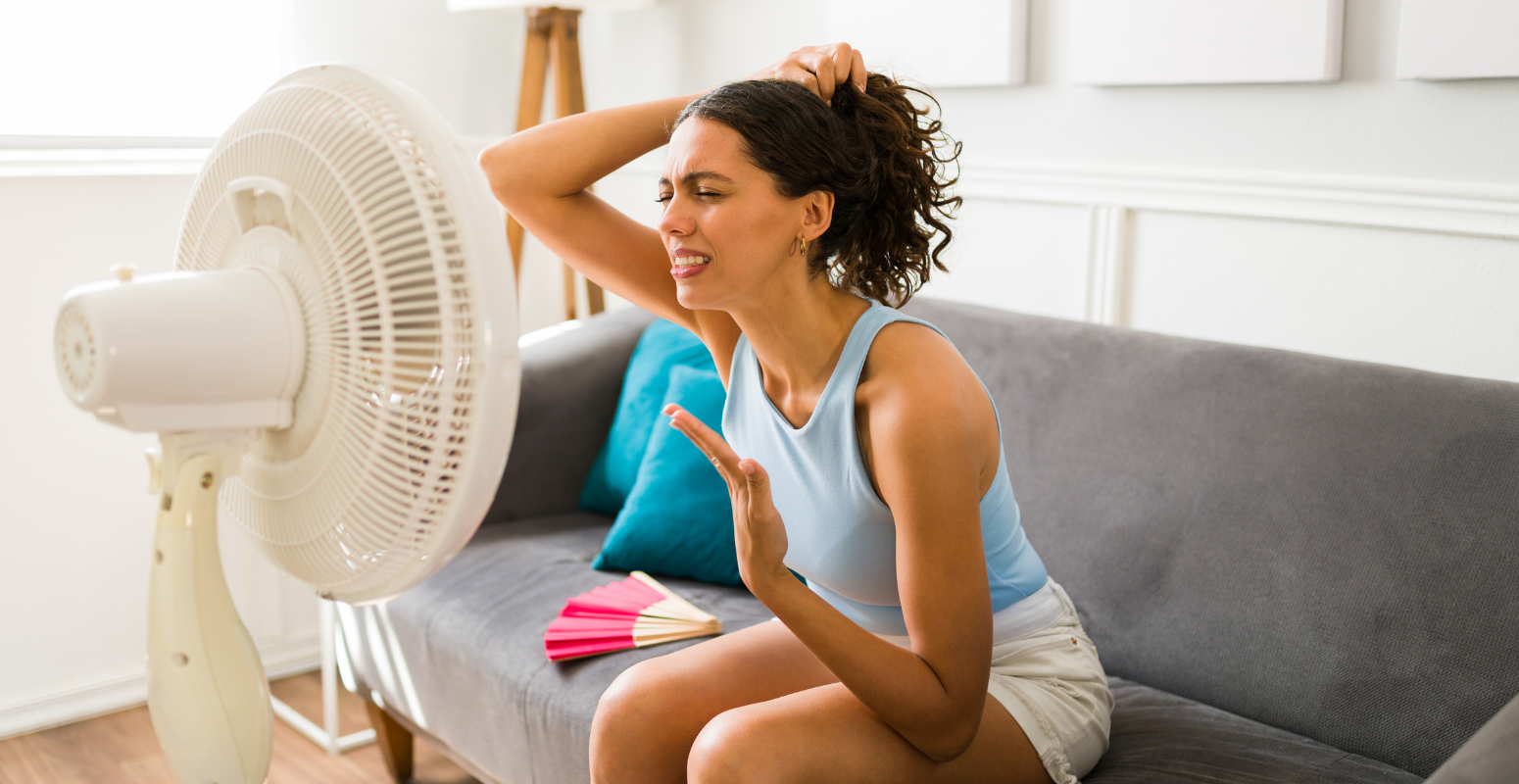News and Events NI
Archives
Northern Ireland Braces for Third Heatwave Amid Rising Temperatures
SIGN UP FOR OUR NEWSLETTER
Northern Ireland Braces for Third Heatwave Amid Rising Temperatures |
Residents Advised on Effective Cooling Strategies as Heatwaves Become More Frequent |
Northern Ireland is currently experiencing its third heatwave of the year, with temperatures soaring above 25°C in several regions.
On Monday, Derrylin in County Fermanagh recorded a high of 25.2°C, marking the onset of this latest heatwave.
Similar, if not higher, temperatures are anticipated in the coming days.
According to the Met Office, a heatwave is defined by temperatures reaching 25°C or more for at least three consecutive days.
With the average maximum temperature for August in Northern Ireland being 18.3°C, the current conditions are notably warmer than usual.
As heatwaves become more frequent, it's crucial for residents to adopt effective cooling strategies to maintain comfort and safety.
Here are five common mistakes that can inadvertently raise indoor temperatures, along with practical solutions:
1. Opening Windows During Peak Heat
While it might seem logical to open windows for ventilation, doing so during the hottest parts of the day can let in warm air, making indoor spaces hotter.
Solution: Keep windows closed during daylight hours and open them at night when the outside temperature drops.
2. Leaving Curtains or Blinds Open
Sunlight streaming through windows can create a greenhouse effect, significantly raising indoor temperatures.
Solution: Close blinds or curtains in sun-facing rooms between 11 am and 5 pm to block out the heat.
3. Using Heat-Generating Appliances
Appliances like ovens, tumble dryers, and hairdryers emit heat, contributing to higher indoor temperatures.
Solution: Avoid using these appliances between 12 pm and 4 pm. Opt for no-cook meals, use a microwave, and dry clothes outside.
4. Keeping Electronics Plugged In
Devices such as TVs, game consoles, and chargers emit small amounts of heat even when not in use.
Solution: Use a power strip to easily disconnect multiple devices at once, reducing unwanted heat.
5. Leaving Lights On
Traditional incandescent bulbs emit heat, and even modern lighting can contribute to warming a space unnecessarily.
Solution: Turn off unused lights and replace old bulbs with energy-efficient LEDs.
Implementing these simple adjustments can help keep your home cooler during heatwaves, reduce energy consumption, and lower utility bills.
With the increasing frequency of heatwaves in Northern Ireland, adopting these practices is becoming more essential.
For more energy-saving tips and information, residents can refer to resources provided by local energy authorities.
|

